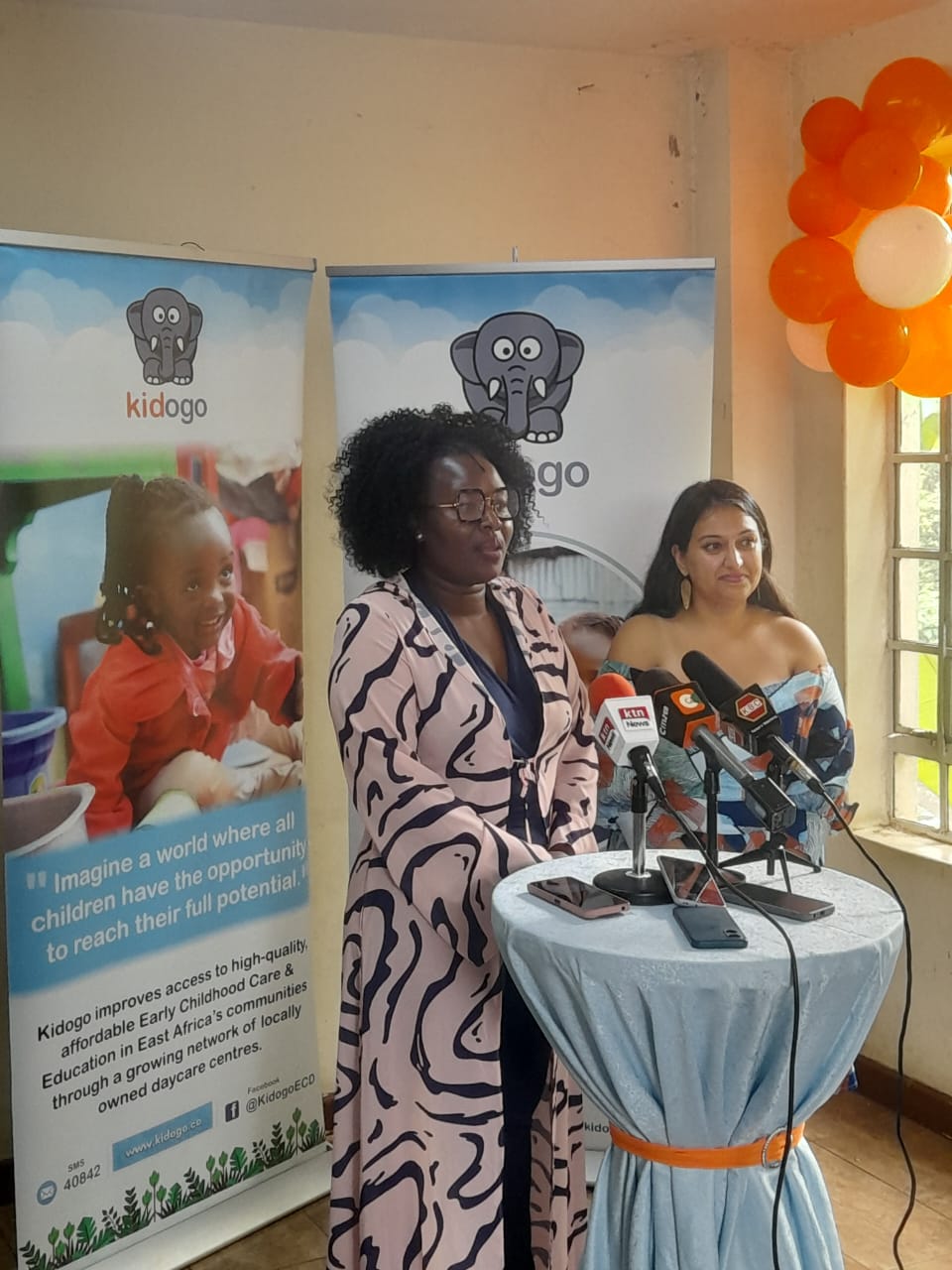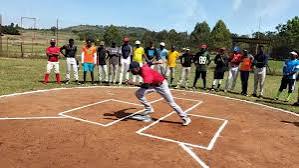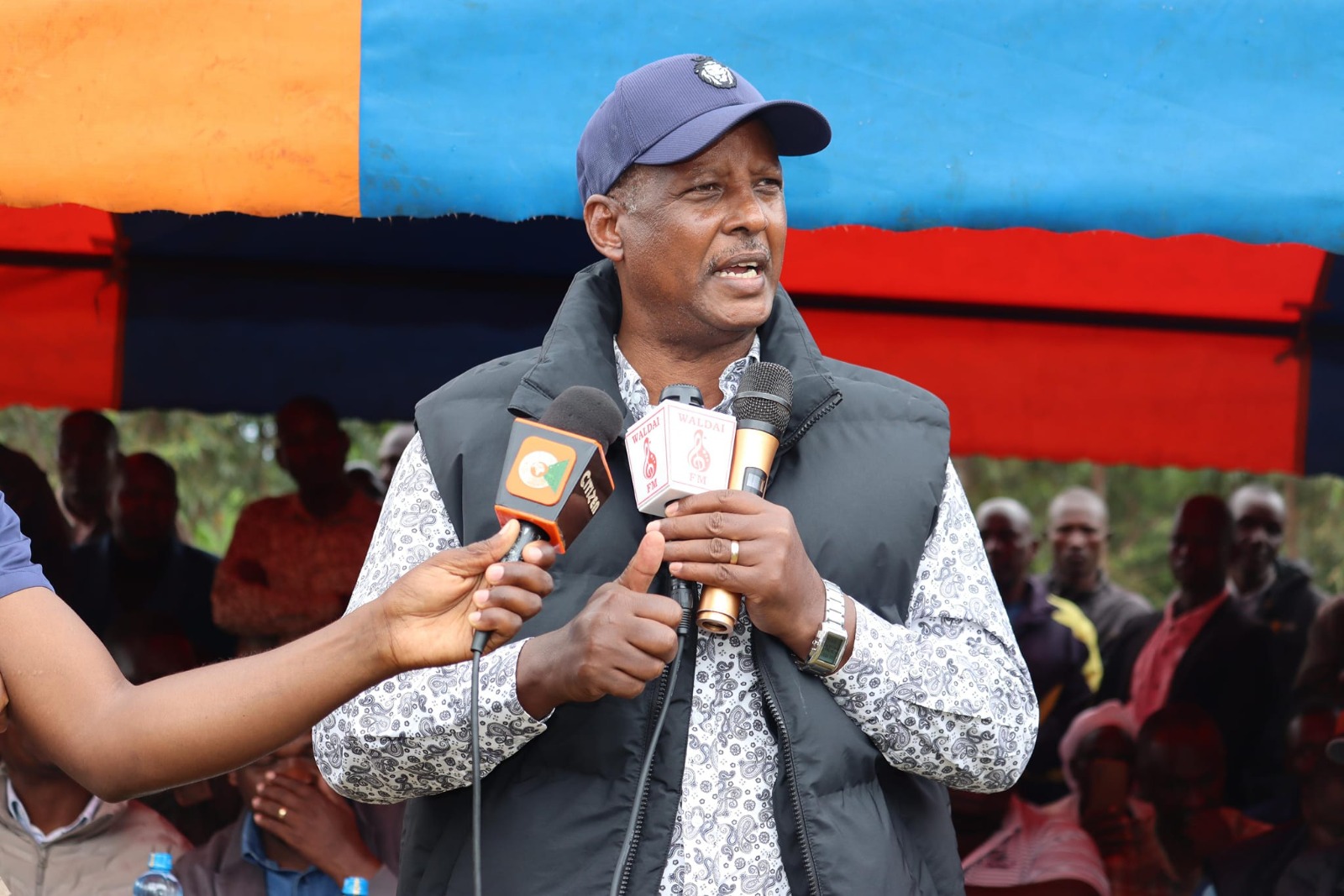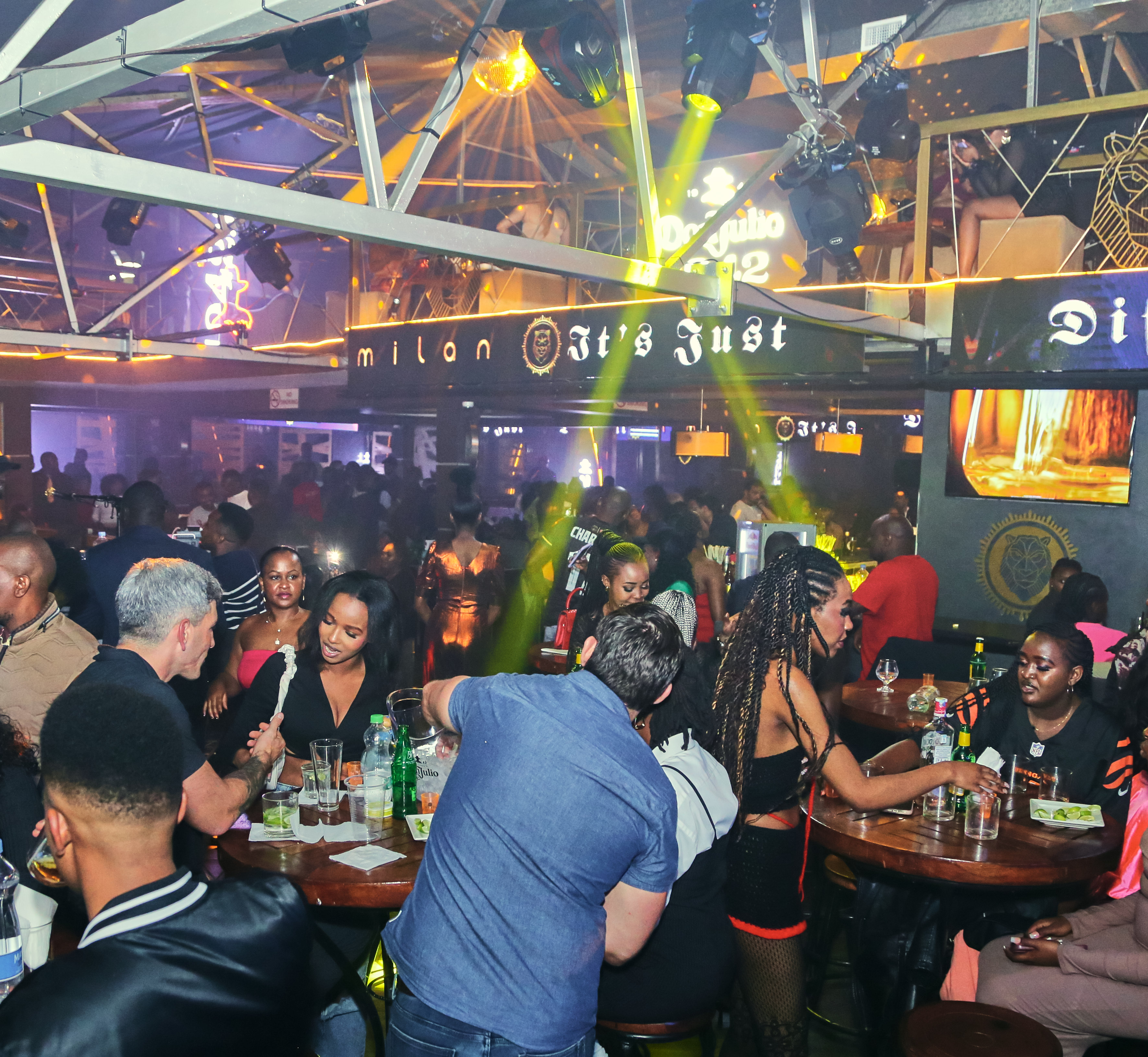Over 100 Girls in Kibera receive self-defence training To Prevent Sexual Violence
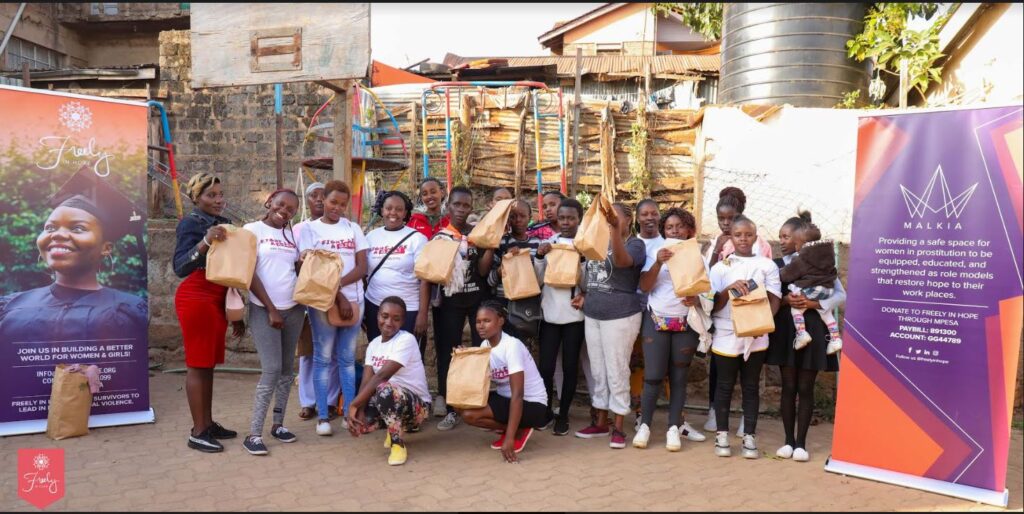
Over 100 girls in Kibera have undergone self-defense training to protect themselves from sexual harassment and any sort of abuse as the world commemorates the International Day of the Girl Child this month.
The training was offered by Freely in Hope in partnership with Ujamaa Africa supported by Impact Beyond Borders.
The move comes even as crime against women in Kibera is increasing day by day, with number of cases of rape, and molestation on the rise.
Freely in Hope’s Strategic Growth Director Trizah Gakwa says self-defense training can decrease the incident of rape by 47 percent.
“ This training will empower women and girls to use their voices, and increase their body confidence as they use these powerful tools to keep themselves safe from sexual and physical abuse,” she said.

The one – day intensive course teaches girls various techniques to protect themselves. It is designed to help women identify their risks and evaluate their strengths, and to explore their options for dealing with the threat of sexual violence using verbal and physical strategies.
By the time they had completed the programme, girls learned how to verbally respond to potential sexual threats, strike vulnerable areas, escape from chokeholds and body grabs and execute defense techniques.
“Teaching self-defense will equip women with the tools to identify and prevent violence from occurring to themselves and others, actively promoting peace one woman at a time,” said Chiraphone Khamphouvong, Founder and Visionary Developer, Impact Beyond Borders.
Kibera, located in Kenya’s capital city Nairobi, is Africa’s largest slum. Approximately 250,000 Kenyans live in Kibera and the living conditions are not favourable. The most common living arrangement is a 12 feet by 12 feet shack that usually houses up to 8 people. Women in Kibera face additional challenges, as the nation has an ongoing issue of sexual violence and abuse.

According to a University of Nairobi study, 56 percent of 13 to 18-year-olds in Kibera have experienced some form of sexual abuse. Moreover, this study also found that only 12 percent of the sexual abuse victims actually reported their abuse.
“Perpetrators are people close to them, the uncle’s, neighbours, dads, this is why they fear speaking out. Over 90 percent of the girls believe that it’s a man’s right to have sex with a woman, and this is why this kind of training is important to show them why it’s important to report these cases,” said Nahima Abdullahi, Ujamaa Africa’s Nairobi County Programme Coordinator.
According to a UNICEF report, one in every ten girls worldwide is raped or sexually assaulted before they reach the age of 19. Organizations like Freely in Hope, Ujamaa Africa and Impact Beyond Borders are working tirelessly to change this statistic.

